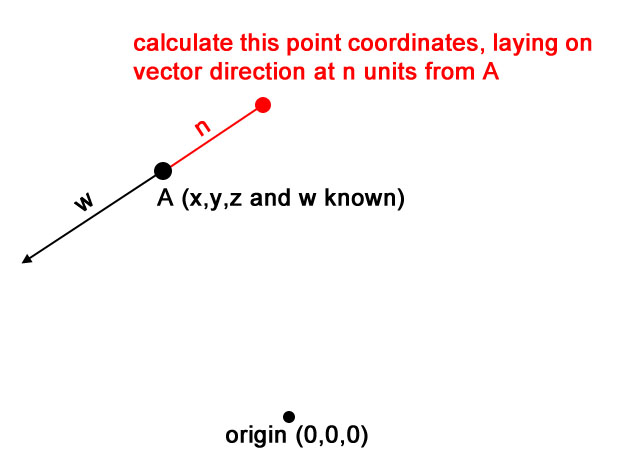Thanks for any help.



In the vector library I'm using there is no vector division operator, so I was wondering if a division performed like this is correct:
vector3_t initialVector;
vector3_t resultingVector;
resultingVector.x = initialVector.x/initialVector.Length();
resultingVector.y = initialVector.y/initialVector.Length();
resultingVector.z = initialVector.z/initialVector.Length();
Thanks